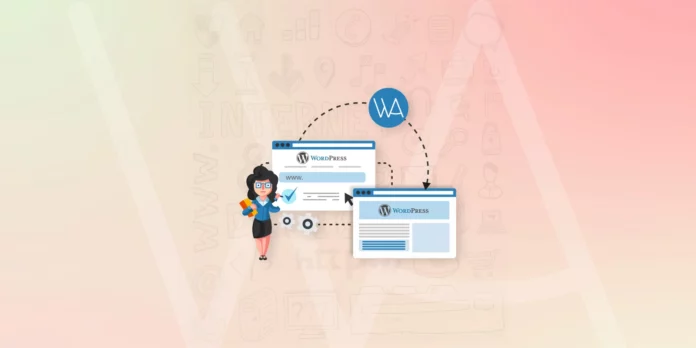More and more people pay attention to professions connected with the tourism sector. It is not a big surprise as there are two great benefits. The first one is the opportunity to travel and save money. Another one is a chance to start working without gaining a higher education. Thus, everybody can start a career and soon become a successful specialist.
What Position to Choose
Requirements for candidates for initial positions, such as a tourism manager and assistant tourism manager, are not too high. In most cases, a university degree, computer knowledge, sociability, and a neat appearance are demanded. Candidates with knowledge of foreign languages and candidates who have mastered the programs of searching and booking tours are in a favourable position. The ability to work with large volumes of information, the inclinations of a psychologist and a good memory will not be superfluous.
Also read: Three Life-Changing Productivity Hacks To Start Today
But, despite the low requirements for applicants, getting a job in this industry is not so simple. It should be borne in mind that in the tourism industry, it is not so much education that is valued as experience and work experience. It’s simply not profitable to hire beginner specialists in a company, even if they have a specialized education. Such an employee will spend more than six months only learning the basics of the profession, all this time without bringing tangible benefits to the company, and then, after gaining experience, he/she may go to competitors.
At the start of a career, you can look for a job as an assistant tourism manager. The assistant manager receives phone calls and communicates with customers. Since the work is seasonal, it’s better to do it before the start of the season, when there are more offers from employers.
Tips for Newcomers to Become Successful
Pay attention to these tips from experts. They will be of great help to you:
- Study constantly. Whatever your higher education is, you will have to study. Absorb all the important and necessary information for the job. Learn from company managers, management, and foreign partners. You will be especially lucky if you find yourself in a friendly team where everyone supports each other. Improve your professional level: read magazines, books, and articles on tourism topics, and visit travel sites.
- Advertising tours are necessary. Often managers are not allowed to go on advertising tours, or the company is not ready to pay for such trips. In the latter case, go on a working trip for your money. On the part of travel agencies, employees, on the contrary, are sent to advertisers several times a year almost forcibly, often paying half the cost of the tour. Otherwise, there will be a situation where your tourists will know several times more than you.
- Attend various tourist training, seminars, exhibitions, and workshops. Work with the company’s tourist base, and over time, new ones will appear that will begin to come to you. Seek and attract them by yourself. Severine Diaz, founder of Beaches of Normandy Tours, states: “In historical tours, staying educated is crucial. We focus on training to give our passengers the best experience. This dedication to learning ensures that every tour is informative and engaging.
Career Development: Perspectives
Starting work in a travel agency as an assistant manager or manager, a specialist can, over time, gain experience, a client base, and become a leading manager or senior manager. The result of the increase will be an increase in salary, and the base will bring a tangible percentage. In addition, new career opportunities will open up for the specialist. The minimum period required for this step is a year of work.
Also read: Careers That You’ll Actually Want To Be Stuck With For Life
Lead manager can become the head of the department, and then – the director. But you should not overestimate the prospects, because there are not as many managers and directors as managers. Anyway, in the tourism business, almost all executives began their journey by starting low-paying positions.
Naturally, the larger the company, the higher the chances of a career. Another direction of development is to switch to work with a major tour operator.
Conclusion
The income of a specialist working in the tourism sector increases with the growth of the professional level. To grow professionally, you need to study foreign languages, discover travel destinations, improve communication skills with customers, again experience, and client base.






